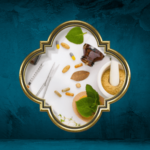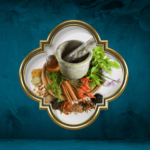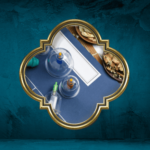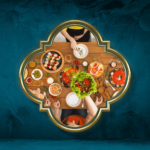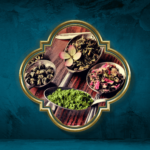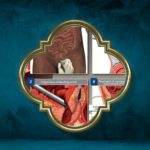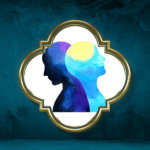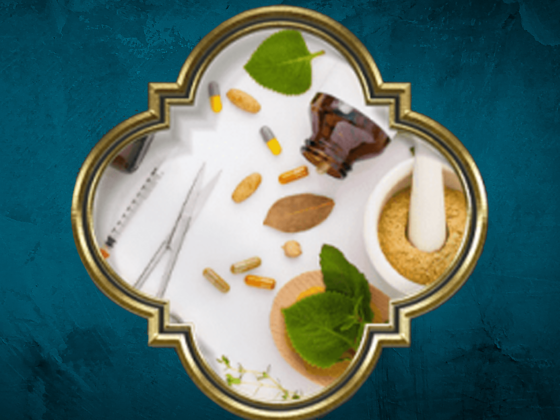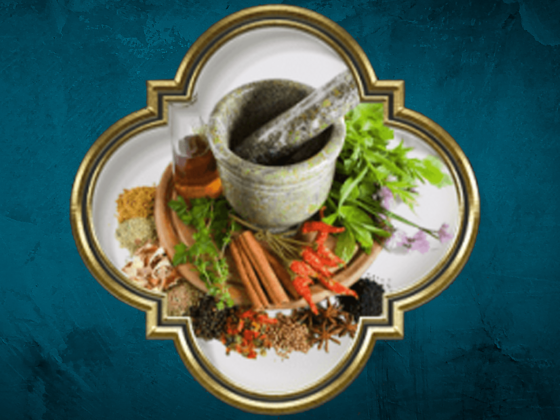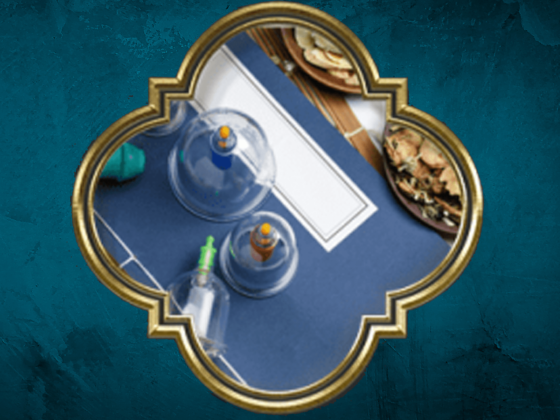
Eating and drinking
Although the recommendation to “drink at least 8 glasses of water a day” has become a common recommendation, according to traditional medicine experts, even drinking this amount of water a day may be harmful. In traditional medicine, it is said that a person should drink water only when he is really thirsty. There are also conditions in which drinking water is forbidden at that time, such as: when or after eating, fasting, after Heavy work or exercise, after sleep, after intimacy, after eating fruit, drinking hot water after salty food and cold water after hot food, after bathing, after diarrhea, etc. The side effects of drinking more water than the body really needs are clearly stated in traditional medicine books: puffy eyelids, indigestion, nasal discharge and many other disorders associated with excessive water consumption. This is the principle that traditional medicine scholars have emphasized for hundreds of years. Another important point is that health advice in conventional medicine is given to almost all people in different age groups, while the rules of drinking water are different according to the different temperaments of people in traditional medicine.
From the perspective of traditional healers, the best time to eat is when a person is really feeling hungry, which sages call “honest appetite.” So food should not be eaten without stimulating the appetite. Symptoms of anorexia nervosa include: 1. Appetite for food. 2. Pulse weakening. Previous food 9. Thirst quenches: Because when food is in the stomach, it creates thirst, and when food passes through the stomach, the appetite for water disappears. 10. Lightening of the abdomen from under the chest to the navel. So when these symptoms occur, it is a sign of completing the digestion of the previous food and the body’s need for the next food. Food should be stopped when there is still an appetite. Because during digestion, the food becomes porous and bulky and the stomach fills up and the digestive system is unable to digest it, so eating too much food causes indigestion and gastrointestinal side effects. It is necessary to avoid overeating and to give up food despite the appetite remaining. If you overeat, it is better not to eat the next day so that the previous food is well digested and waste products are excreted.
It is better to eat three meals in two days, so that one morning and night, and the next day, at noon. If he eats two meals a day, divide the food into one-third and two-thirds, and Use the first third at the beginning of the day (morning) and the other two thirds at the end of the day (sunset). The nutritional value of the evening meal should be more and its mood should be repelled later. Of course, the habit of the person should be observed in setting the meals, for this reason, Hippocrates said: However, this causes various diseases, depletion of useful substances in the body, loss of physical strength, so special characteristics of people should be considered in setting meals.
The duration of eating should be moderate and the food should be well chewed. Just as eating fast food causes indigestion, eating too long can lead to indigestion.

